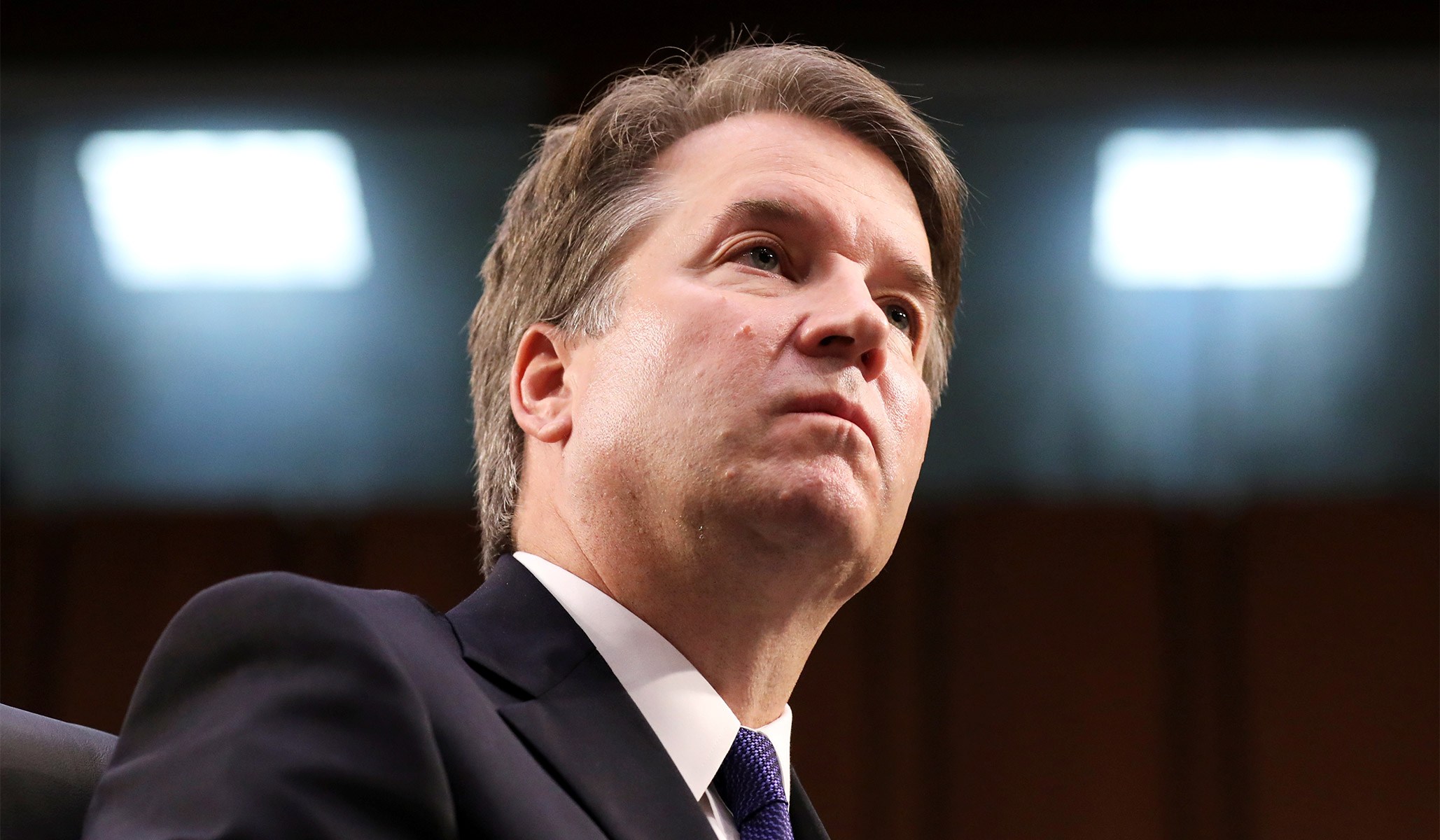By: David French – nationalreview.com – September 17, 2018
One of the very first things that young litigators learn is that memory is a very, very fickle thing — even memories of traumatic events. In case after case, you’ll encounter two opposing litigants who speak with absolutely fierce conviction about key events in their lives, and those memories will often diverge almost completely. When I was young and naive, I often thought that meant one party was telling truth (my client!), and the other side was full of dirty, vicious liars.
It didn’t take long for me to realize that more often than not both sides believed their own stories, and the longer the case dragged on, the more they hardened in their positions. That’s one reason why good lawyers, when interviewing clients, ask a few simple, key questions. “Did you take notes of these conversations?” “Did you tell anyone else this happened?” “Are there any emails or memos reflecting these agreements?” You’re constantly on a quest for the sword that slays the legal beast — corroborating evidence.
That’s one reason why I’ve always been dissatisfied with the declaration, “Women don’t lie about rape.” Sure, some small number of women do affirmatively lie, but as a general matter, the word “lie” is an odd fit for a real world where perceptions differ and memories are malleable. And, by the way, this isn’t “right-wing denialism,” it’s just scientific fact.
After the Rolling Stone debacle at the University of Virginia, Julia Belluz, Vox’s senior health correspondent and an “evidence enthusiast” wrote an interesting and true piece about the fragility of memory. First, she addresses the reliance on “Jackie’s” memory as the foundation of the story:
This becomes an especially pressing question since it’s clear that the reporter relied on Jackie’s memory — and decades of research have demonstrated that memories are are malleable, fragile, flawed. Memories can be twisted by time. Misinformation can skew people’s memories of events, and completely fabricated memories can even be planted in people such that they weave them into the narrative of their lives.
“Just because someone is telling you something in a lot of detail and with a great amount of confidence,” says Elizabeth Loftus, a cognitive psychologist and one of America’s preeminent researchers on memory, “doesn’t mean it happened.”
Belluz then discusses a number of studies detailing how easy it is to implant memories (in one study, subjects “remembered” details of a surgery that never happened), how matters as simple as sleep deprivation can impact memory, and how even short passages of time can distort recollections. For example, Jackie said her attack happened in 2012. The Rolling Stone story was published in 2014:
Between the time of the alleged UVA attack (2012) and the reporting of the story this year, Loftus said, “You could certainly expect memory to fade, to potentially be contaminated, even if not from external suggestion.”
The conclusion of Belluz’s article is chilling:
But perhaps, if [Rolling Stone reporter Sabrina] Erdely thought more about the tricks memory plays, she would have worked harder to verify the facts — no matter how sensitive. If you understand that memory is a foggy patchwork or synthesis of events and exposures in our lives — and some memories aren’t real — you would probably hesitate before relying solely on a person’s memory.
“It’s very compelling to believe someone’s memory,” said Loftus, “especially when they cry. But I’ve seen people cry over false memories, as well as over real ones.”
Brett Kavanaugh has denied the claims and offered to testify in front of the Senate Judiciary Committee. Good. We should hear from Judge Kavanaugh and from Professor Ford, under oath. And we need to know whether Senator Feinstein’s staff or the Washington Post found any corroborating evidence at all in the weeks when they had knowledge of Ford’s claims.
Of course, the memory challenges run both ways, but — at the same time — if a person is going to affirmatively accuse another person of misconduct, the accuser bears at least some burden of proof (even if the court of public opinion isn’t a court of law). In my previous piece about the allegations against Kavanaugh, I argued that the right question to ask is whether it’s more likely than not that the accusations are true. And if there isn’t any corroboration or external evidence outside of Christine Ford’s three-decades-old recollections, that’s simply not sufficient basis for derailing the nomination of an outstanding jurist — no matter how fiercely they’re believed.
To see this article, click read more.
 Listen Online
Listen Online Watch Online
Watch Online Find a Station in Your Area
Find a Station in Your Area









 Listen Now
Listen Now Watch Online
Watch Online
